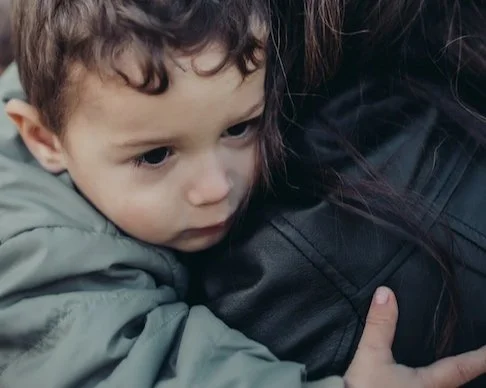If you are a person of color, you may be coping with racial realities in ways many minority communities have for ages; family, spiritual practice, activism and outreach often help. Yet, weathering waves of anxiety, mistreatment, and the daily effort of relational and systemic challenges requires specific and support you can trust.
How EMDR Treatment Can Bring Frontline Workers Relief
C-PTSD Therapy: Grounding in the Midst of Madness
How do we cope when trauma shapes a significant portion of our life experience? If you were traumatized by a caregiver, an abusive partner, or even the ongoing uncertainty of a global pandemic, you may be suffering from complex post-traumatic stress disorder (C-PTSD).
What is Preverbal Trauma and How is it Treated With Somatic Therapy?
The 4 Most Common Treatments for PTSD
These common treatments for PTSD are essential because, trauma, unchecked, changes you. The stress of it seeps into your mind and body. You feel it in your body. You experience it again and again. You see your trauma, smell it, taste it, sense it. But you are not alone.With the help of a trained and compassionate therapist, recovery are entirely possible.






